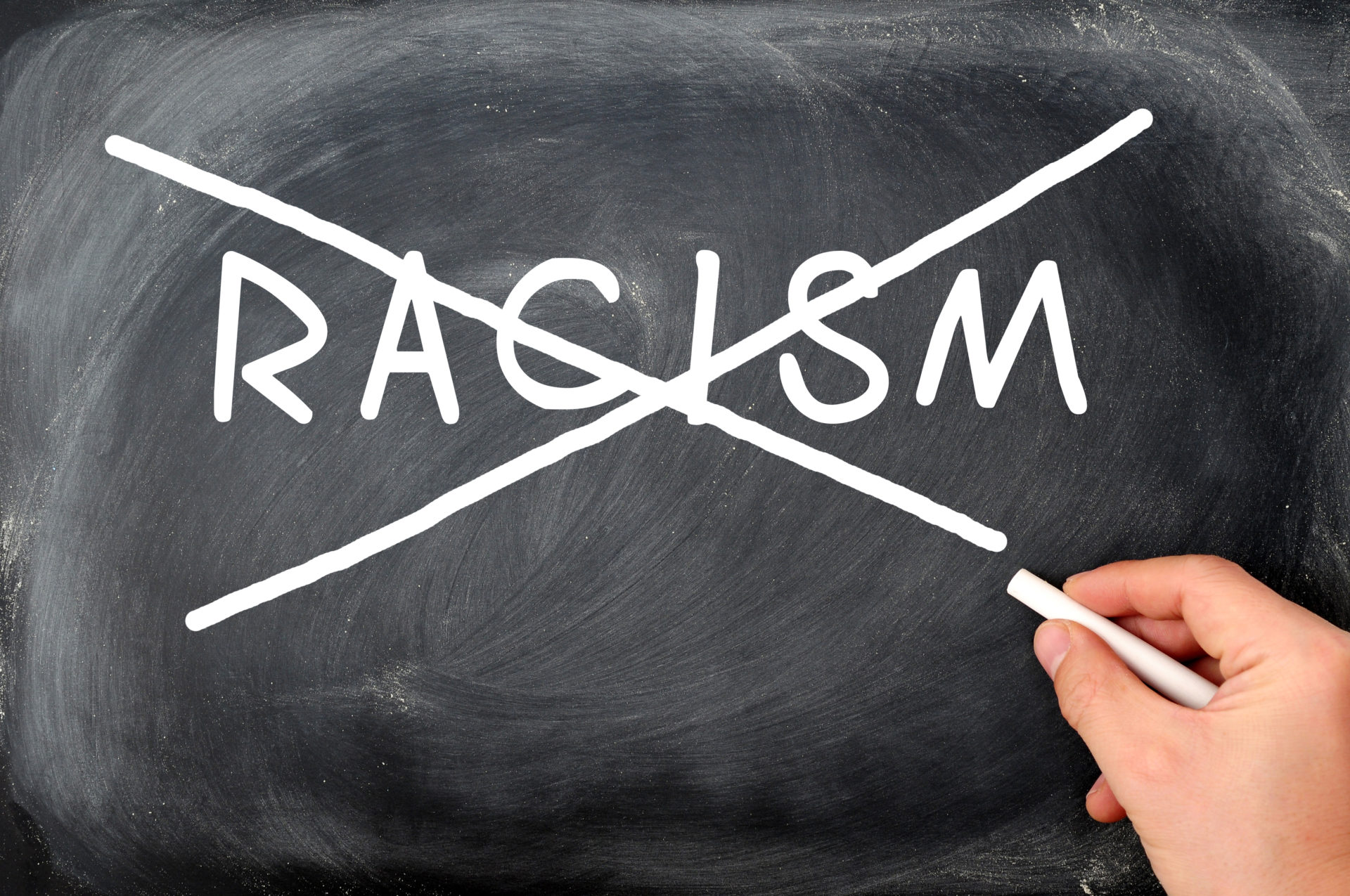As President Barack Obama took his second oath of office on Martin Luther King, Jr. Day this year, I found that whatever political disagreements I may have were overwhelmed by the poignancy and significance of this event. The day spoke volumes about the state of civil rights in our nation, both in terms of how far we have come and how far we have yet to go.
In the past year, we as a nation witnessed wave after wave of violence and discrimination against minority communities in America, in particular against American Muslims. As voices on the fringe grew louder, prominent politicians and pundits dragged Islamophobia from the margins to the mainstream. Hate crimes against the American Muslim community skyrocketed to a near decade high. Even individuals mistaken for being Muslim faced the backlash; in August, worshippers gathered at a Sikh temple in Wisconsin were gunned down by a white supremacist, while just last month a woman in New York pushed a Hindu man to his death in front of a subway car because she thought he was Muslim.
So often, any widespread discourse on discrimination—especially against Muslims—devolves into a childish game of deflection, citing violence and oppression perpetrated by religious extremists, by foreign criminals, or by members of races or religions to which we don’t belong as though these occurrences negate any wrongdoing on our part. Every violent loss of life, every denigration to human dignity, is a tragedy, regardless of its source, and represents a failure of human spirit. Ultimately, though, we are responsible for the tragedies that occur on our watch and in our name; if we do not own our failings as we decry the failings of others, we perpetrate the cycle of violence. We must learn to forgive, but we must also learn to repent. As Dr. King said, “Have we not come to such an impasse in the modern world that we must love our enemies – or else? The chain reaction of evil – hate begetting hate, wars producing more wars – must be broken, or else we shall be plunged into the dark abyss of annihilation.”
Martin Luther King, Jr.’s legacy still resonates with us today, and will continue to do so for one very important reason: Dr. King’s words and his life issued us as Americans a challenge to be the best we can be, while offering us grace and hope in the long journey to reach that place. As we attempt to leave behind our pasts of division and discrimination, the task rests on all of us to define what it truly means to be American. More than ever, the dreams we as a nation inherited from King dare us both to demand justice in the face of oppression and to extend love in the face of hatred. Let’s rise to the challenge.

